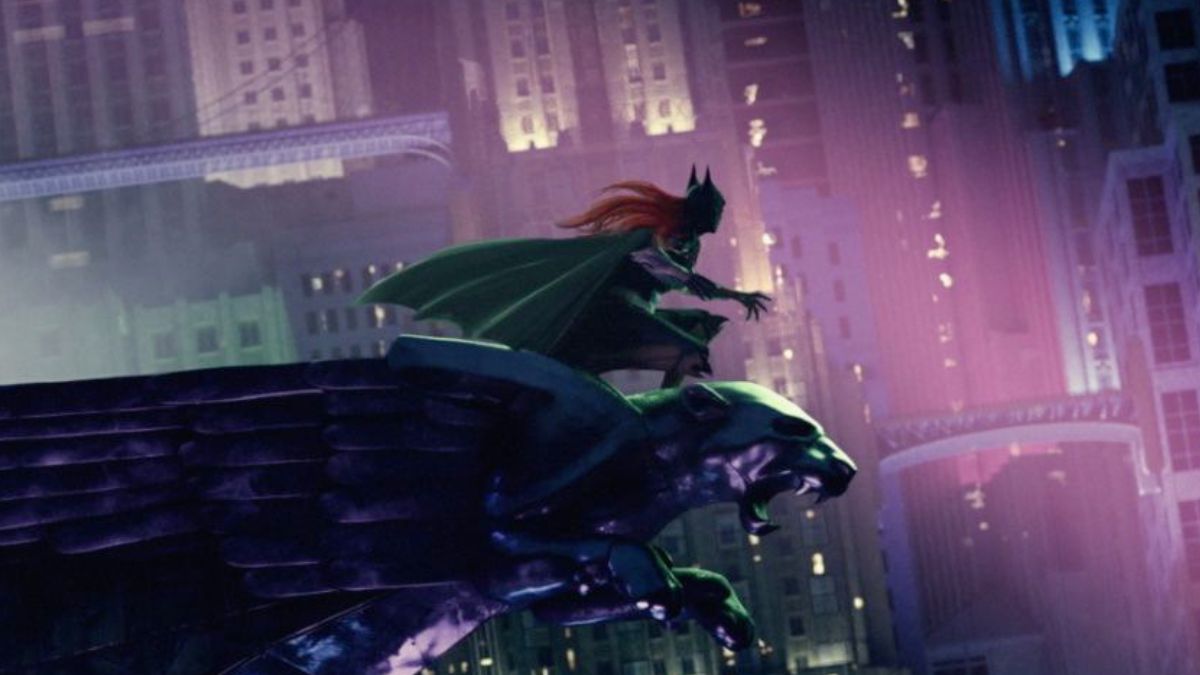Like anything overseen by witless executives more concerned about whether they can get their bonus to buy another golden toilet than the wellbeing of talent and employees, there is a crisis among streaming services right now. Content is being deleted left and right to save money come tax time, film preservationists are aghast and, now, to avoid future Batgirl incidents, a new and wild idea is sparking up.
HARD DRIVE Co-founder and Editor in Chief Jeremy Kaplowitz tweeted the above yesterday in response to news of Disney removing a film which just released last month from Disney Plus to save a few dollars. As of right now, his idea is burning up with likes, re-tweets and largely nice discourse in replies. While there are some rabid right-wing figures who pop up like a communicable disease to criticize Disney anytime the company is mentioned anywhere, some believe the concept could work, though, one fan says it is an open question whether this would actually play as intended given some complicated policy issues.
As far as the concept of public domain is concerned, this normally happens (absent action from Congress after lobbying by big business) in the United States when a release passes 95 years of existence. This used to be just 28 years (again, thank Congress and big business) and underlying elements of a film can still be controlled if released earlier or they are unique to individual work done by a creator. For example, while Frankenstein is in the public domain (meaning, you can use the original story for whatever you wish), parts of the film adaptations from Universal, which they first began releasing in 1931, are not. So, if you write a play for this character, he cannot resemble Karloff’s creation or the lawyers will come fast and hard for you.
Now, knowing this, it would make some of these films difficult to push out given how the look of Batgirl and other projects now banished into the ether are unique to their controlling studios, but in some sense there could also be a compromise. Warner Bros., Disney, and Netflix could always make these pieces releasable on physical media for just a short time — with anti-piracy protections baked in — and they could note they will sue anyone who tries to make money off of the items or any other number of concepts. Here’s hoping they do as, there is too much lost media out there now. The bulk of silent films can no longer be found and even one of John Wayne’s first films (The Oregon Trail) is no longer accessible to mankind.
Something has to be done. Otherwise, more will be banished and instead of seeing things and deciding for ourselves, the public will be left with executives singing false praises of general duds like The Flash.

